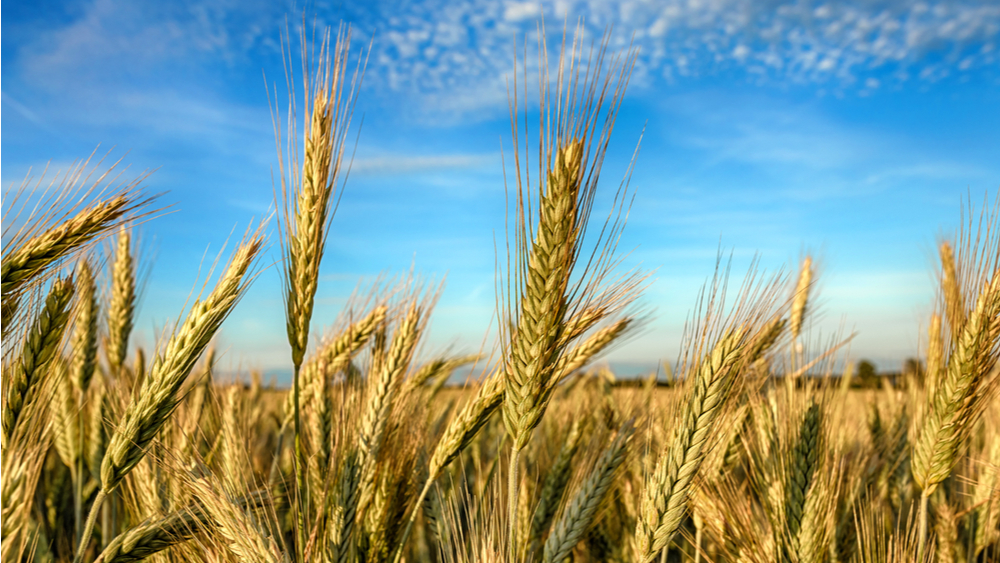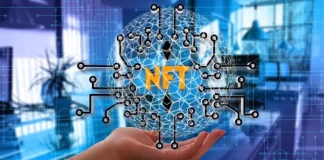
Recent Changes in Agriculture: Challenges, and Future Implications
The agriculture industry has undergone significant changes in recent years, and experts predict that this trend will continue. From technological advancements to shifts in consumer preferences, these changes are shaping the future of agriculture. Here, we will explore some of the recent developments in agriculture, as well as insights from two experts.
One significant change in agriculture is the use of precision agriculture techniques. This technology utilizes data to optimize planting, irrigation, and fertilization, leading to increased yields and reduced costs. All this with the use of advanced technologies like sensors, drones, and GPS to optimize crop yields while minimizing inputs like fertilizer and water. As Dr. Michael Rowan, a professor of agricultural engineering at Kansas State University, explains, “Precision agriculture has revolutionized the way we grow crops by allowing farmers to apply inputs only where they are needed, rather than blanket-applying them across the entire field.”
Another notable technology is gene editing, which allows scientists to make precise changes to the DNA of plants and animals to improve traits like yield, disease resistance, and flavor.
However, there are also concerns about the safety and ethical implications of gene editing, and regulatory frameworks for these technologies are still evolving.
Another development in agriculture is the rise of sustainable and regenerative agriculture practices. Consumers are becoming increasingly concerned about the environmental impact of their food choices, and this has led to a growing demand for sustainably produced crops and meat. According to a report by the Organic Trade Association, organic food sales in the United States reached a record $61.9 billion in 2020, with sales of organic meat and poultry increasing by 25%.
Experts are also noting the impact of climate change on agriculture. Extreme weather events, such as droughts and floods, are becoming more frequent and severe, leading to decreased crop yields and increased food prices. Dr. Mark Howden, Director of the Climate Change Institute at the Australian National University, explains that “climate change is one of the biggest challenges facing agriculture today. Farmers need to adapt to these changes by implementing practices that promote resilience and reduce greenhouse gas emissions.”
Another factor influencing agriculture is the COVID-19 pandemic. Supply chain disruptions and labor shortages have created challenges for farmers and food processors. According to a report by the United Nations, global food prices rose by 3.4% in 2020, primarily due to pandemic-related disruptions.
So, what do these changes mean for the future of agriculture? Experts suggest that farmers must continue to adapt to these evolving trends to remain competitive and sustainable. “The future of agriculture is in the hands of those who embrace new technologies and sustainable practices,” says Dr. Rowan. “Farmers who adopt precision agriculture techniques will be better equipped to meet the challenges of the future.”
Dr. Howden emphasizes the importance of a climate-smart approach to agriculture. “Farmers must implement practices that reduce greenhouse gas emissions, increase resilience to climate change impacts, and improve productivity,” he explains. He also notes that governments and other stakeholders must support farmers in these efforts by providing resources and incentives for sustainable agriculture practices.
The agriculture industry is undergoing significant changes, driven by technological advancements, consumer preferences, climate change, and the COVID-19 pandemic. These changes present challenges and opportunities for farmers, as well as implications for food security, environmental sustainability, and economic growth. By embracing new technologies and sustainable practices, farmers can adapt to these changes and remain competitive in the marketplace. As Dr. Howden notes, “the future of agriculture depends on our ability to innovate and adapt to the challenges that lie ahead.”


